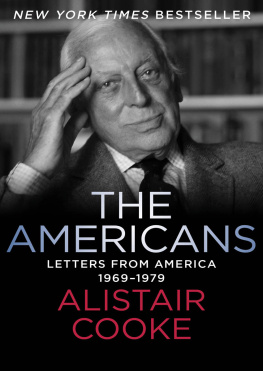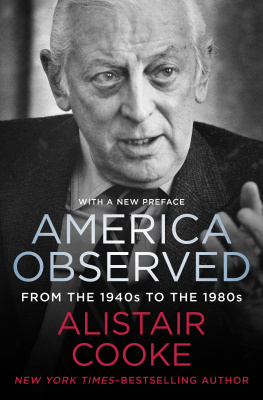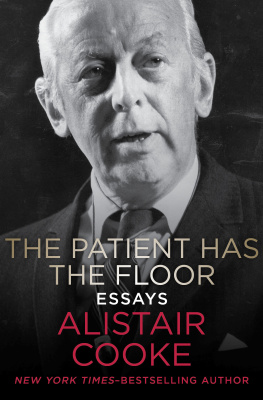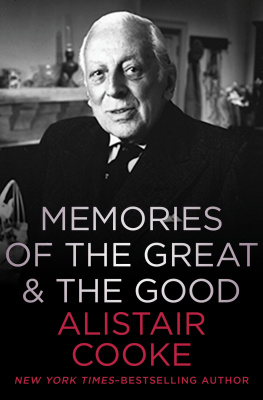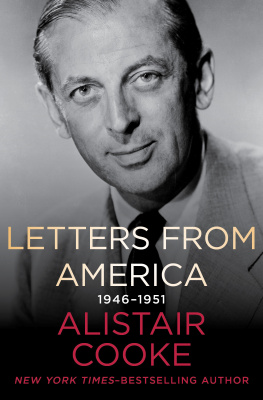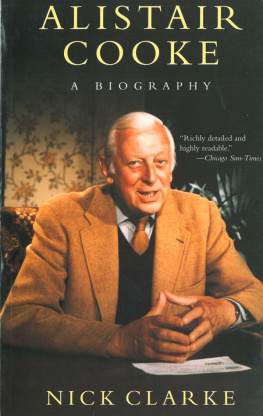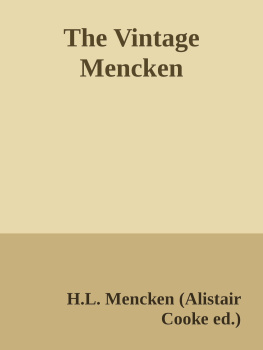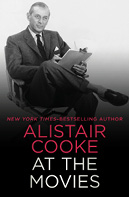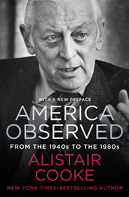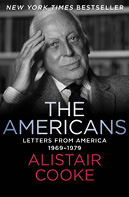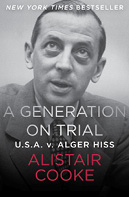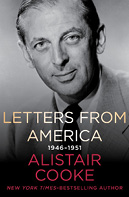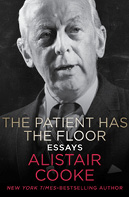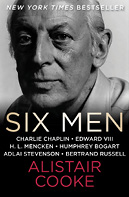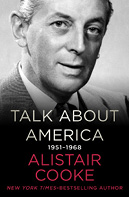Alistair Cooke - The Americans: Letters from America 1969–1979
Here you can read online Alistair Cooke - The Americans: Letters from America 1969–1979 full text of the book (entire story) in english for free. Download pdf and epub, get meaning, cover and reviews about this ebook. year: 2015, publisher: Open Road Media, genre: Politics. Description of the work, (preface) as well as reviews are available. Best literature library LitArk.com created for fans of good reading and offers a wide selection of genres:
Romance novel
Science fiction
Adventure
Detective
Science
History
Home and family
Prose
Art
Politics
Computer
Non-fiction
Religion
Business
Children
Humor
Choose a favorite category and find really read worthwhile books. Enjoy immersion in the world of imagination, feel the emotions of the characters or learn something new for yourself, make an fascinating discovery.
- Book:The Americans: Letters from America 1969–1979
- Author:
- Publisher:Open Road Media
- Genre:
- Year:2015
- Rating:5 / 5
- Favourites:Add to favourites
- Your mark:
The Americans: Letters from America 1969–1979: summary, description and annotation
We offer to read an annotation, description, summary or preface (depends on what the author of the book "The Americans: Letters from America 1969–1979" wrote himself). If you haven't found the necessary information about the book — write in the comments, we will try to find it.
As the voice of the BBCs Letter from America for close to six decades, Alistair Cooke addressed several millions of listeners on five continents. They tuned in every Friday evening or Sunday morning to listen to his erudite and entertaining reports on life in the United States. According to Lord Hill of Luton, chairman of the BBC, Cooke had a virtuosity approaching genius in talking about America in human terms.
That virtuosity is displayed to great effect in this essential collection of Cookes letters, covering a momentous decade in American history.
Always entertaining, provocative, and enlightening, the master broadcaster reports on an extraordinarily diverse range of topics, from Vietnam, Watergate, and the constitutional definition of free speech to the jogging craze and the pleasures of a family Christmas in Vermont. He eulogizes Supreme Court Chief Justice Earl Warren, pays an affectionate and moving tribute to Duke Ellington, and treats readers to a night at the opera with Jimmy Carter.
Alistair Cooke was one of the twentieth centurys most influential reporters and, according to Pulitzer Prizewinning journalist James Reston, the best story-teller in America. This captivating collection includes some of Cookes most memorable insights into American history and culture.
Alistair Cooke: author's other books
Who wrote The Americans: Letters from America 1969–1979? Find out the surname, the name of the author of the book and a list of all author's works by series.

